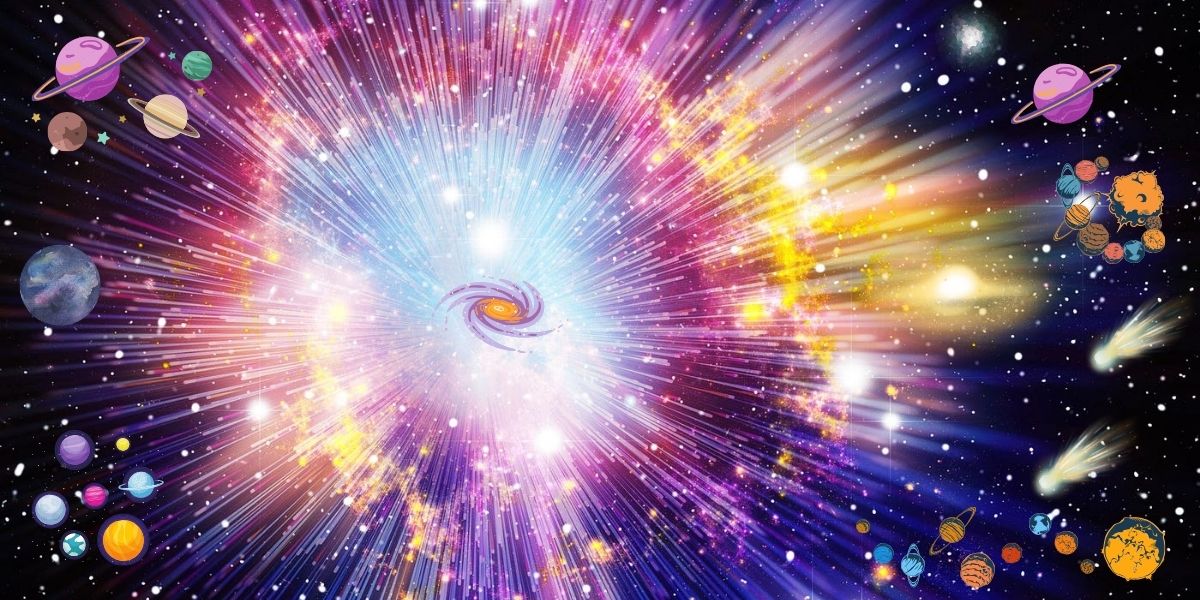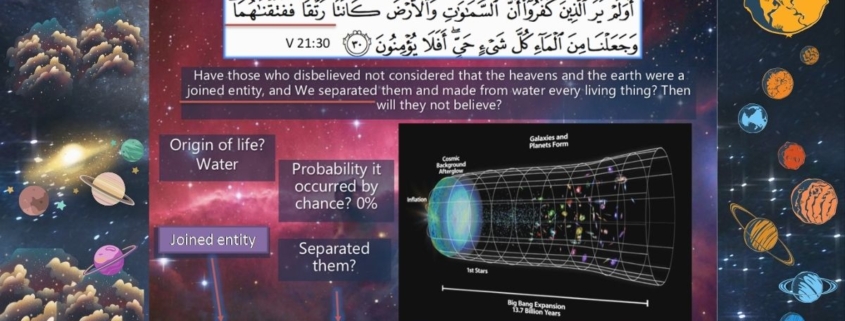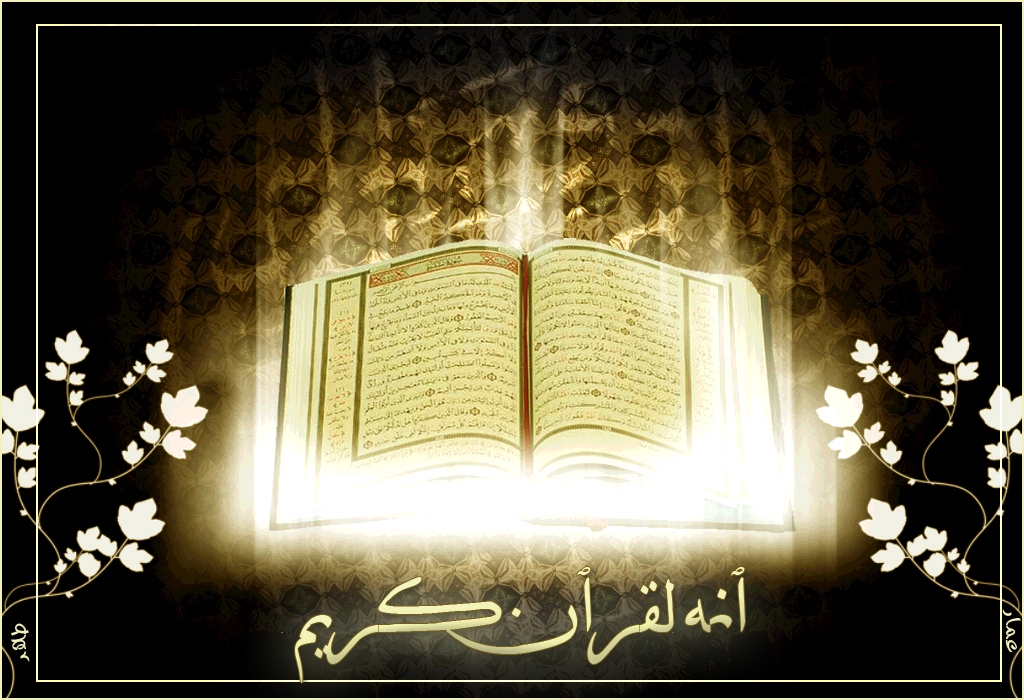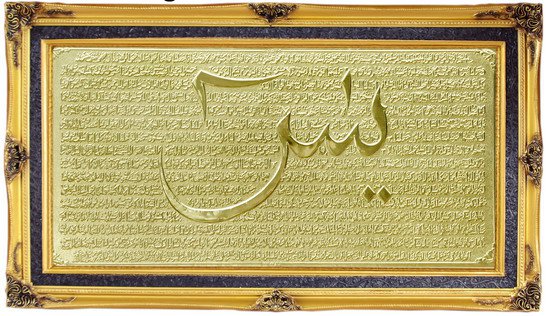Exploring the Connection: What is the Big Bang Theory’s Relation to the Quran?
The Big Bang Theory has revolutionized our understanding of the universe’s origins, proposing a cosmic explosion marking the beginning of everything. On the other hand, the Quran, the holy book of Islam, offers its perspective on creation. Surprisingly, there are intriguing parallels between the two that have sparked discussions among scholars and believers alike.
The Big Bang Theory:
According to the Big Bang Theory, the universe began as a singularity – an infinitely small, dense point around 13.8 billion years ago. This singularity rapidly expanded, initiating the formation of galaxies, stars, and ultimately, the cosmos as we know it today. This scientific model is supported by various lines of evidence, including cosmic microwave background radiation and the observed redshift of galaxies.
The Quranic Perspective:
The Quran, revealed over 1,400 years ago, offers insights into the creation of the universe. While not described in scientific terms, it speaks of a singular divine entity responsible for initiating the creation of the heavens and the earth. Verses such as “Do not those who disbelieve see that the heavens and the earth were a closed-up mass, then We opened them out?” (Quran 21:30) have been interpreted by some scholars as indicative of a primordial state preceding the universe’s expansion.

Common Ground:
Despite differences in language and approach, there are striking similarities between the Big Bang Theory and Quranic descriptions of cosmic origins. Both narratives emphasize the idea of a singular beginning from which the universe emerged. Moreover, both perspectives imply a process of expansion or unfolding from a primordial state to the vast cosmos we inhabit today.
Interpretations and Debates:
Scholars and theologians have offered diverse interpretations of these parallels. Some see them as evidence of the Quran’s compatibility with modern science, suggesting that the Quranic descriptions prefigure scientific discoveries made centuries later. Others approach these similarities with caution, acknowledging the poetic and metaphorical nature of religious texts while respecting the insights they offer into cosmic mysteries.
Scientific Inquiry vs. Religious Revelation:
It’s essential to recognize the distinct methodologies of science and religion. Science relies on empirical observation, experimentation, and the formulation of testable hypotheses to understand the natural world. In contrast, religion draws from sacred texts, spiritual experiences, and theological interpretations to explore questions of existence and purpose.
Conclusion:
The relationship between the Big Bang Theory and the Quran underscores the multifaceted nature of human understanding. While science provides empirical explanations based on observable phenomena, religion offers spiritual insights into the mysteries of existence. Whether seen as complementary or separate domains, these perspectives enrich our appreciation of the universe and our place within it.
In exploring the parallels between scientific theories and religious texts, we discover not only the depth of human inquiry but also the enduring quest to comprehend the cosmos and our existence within it.











